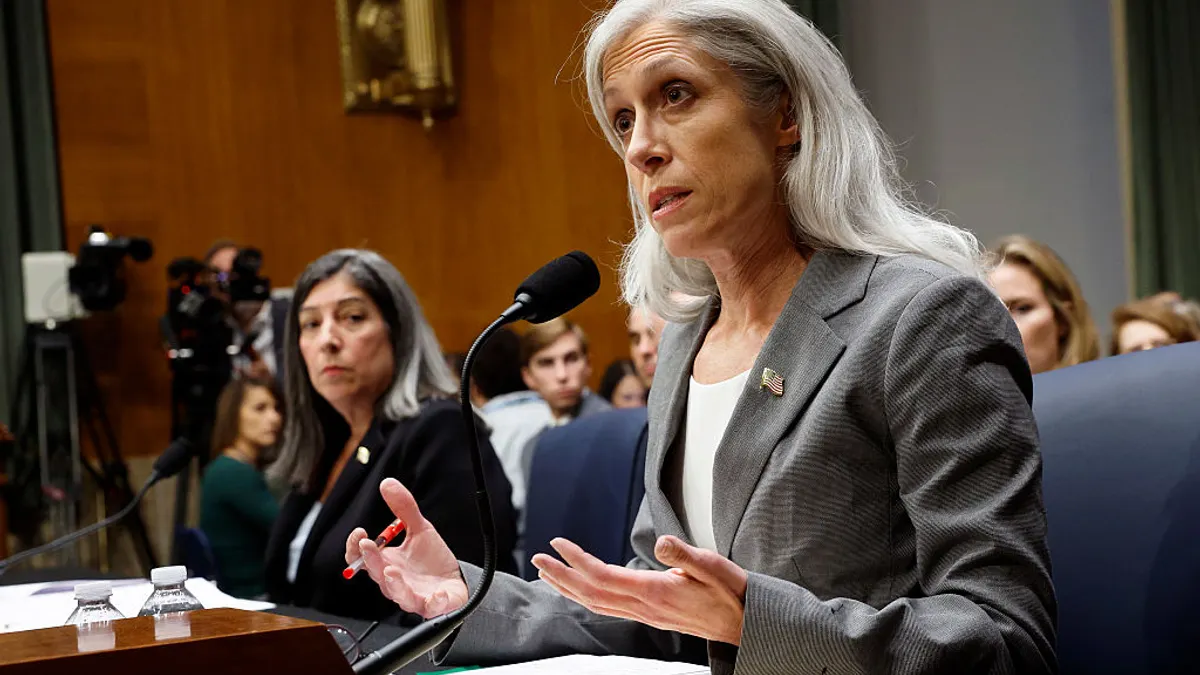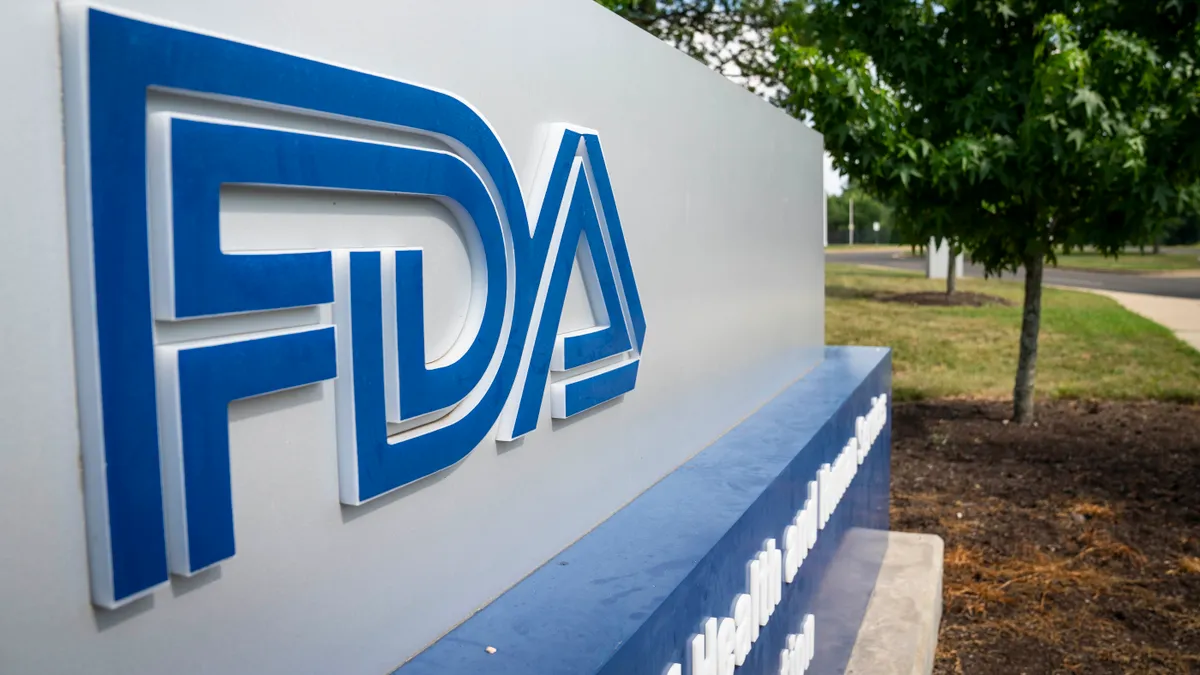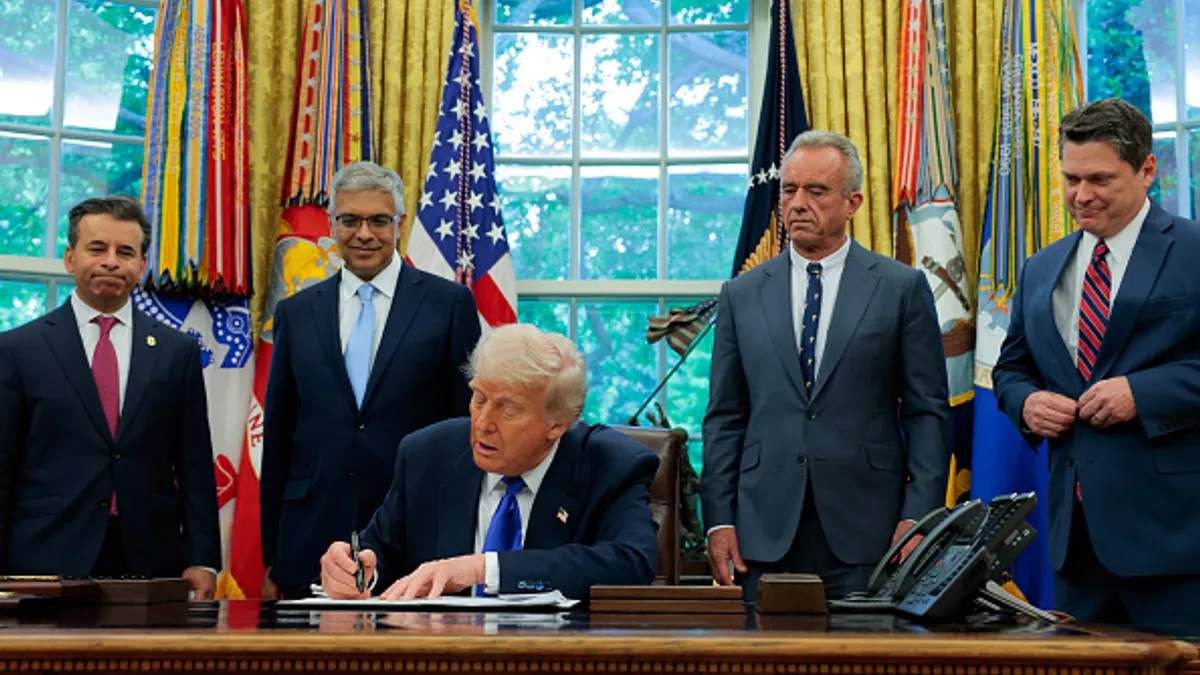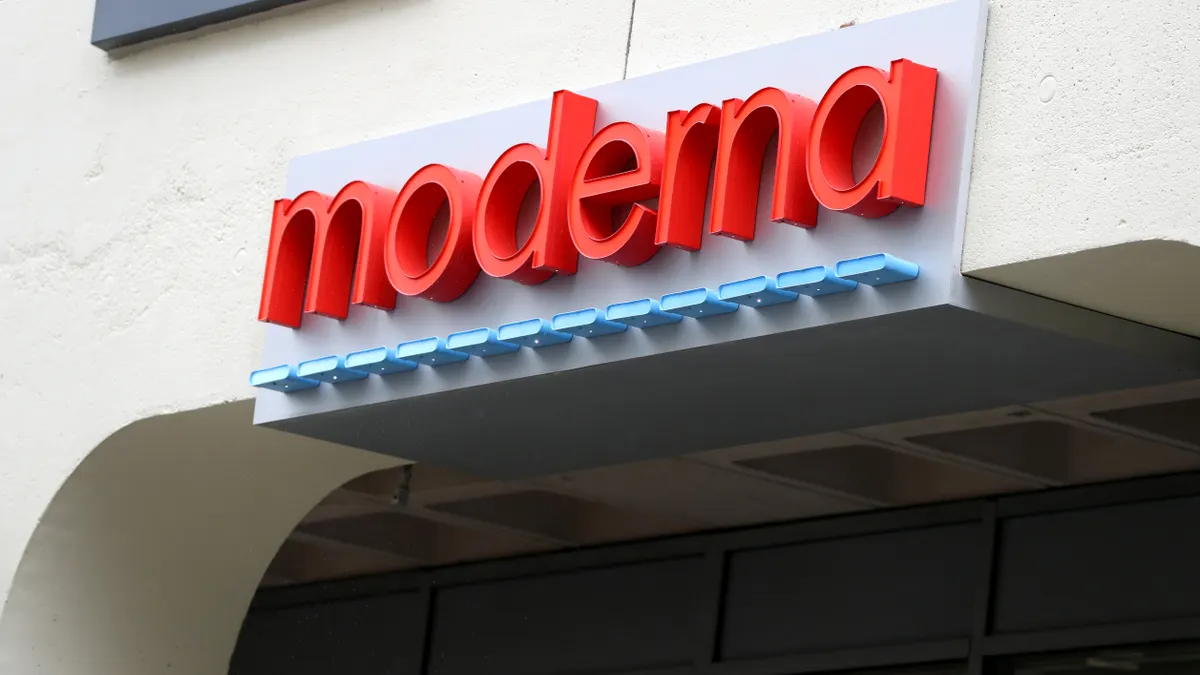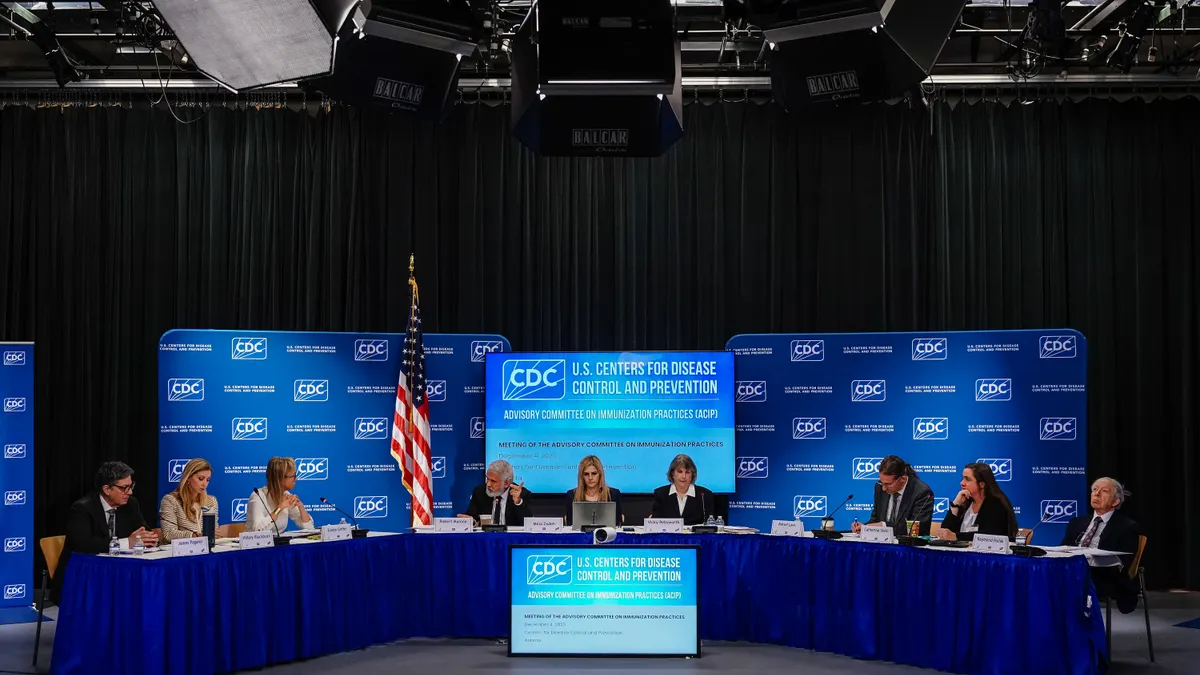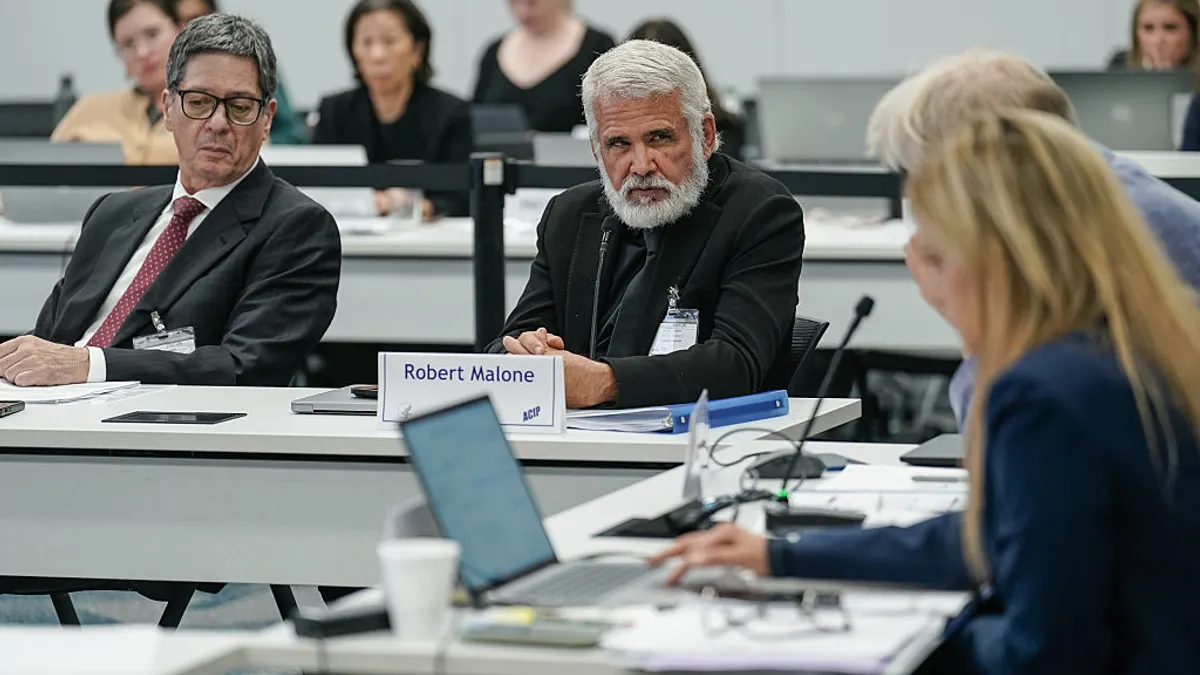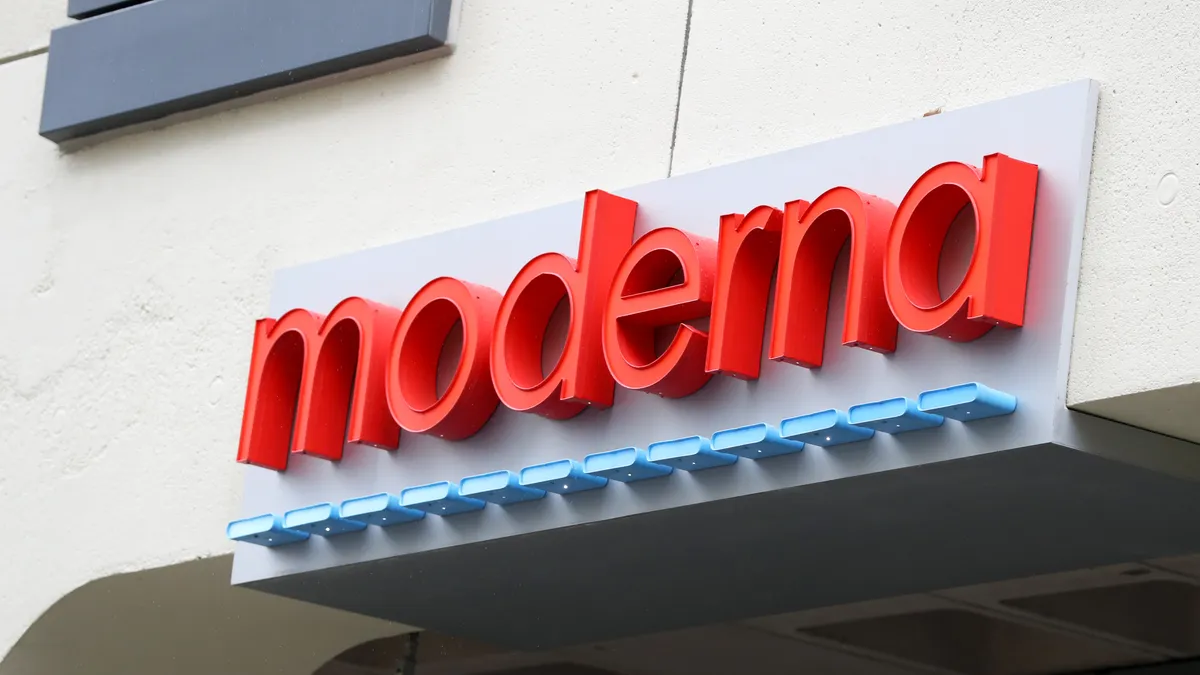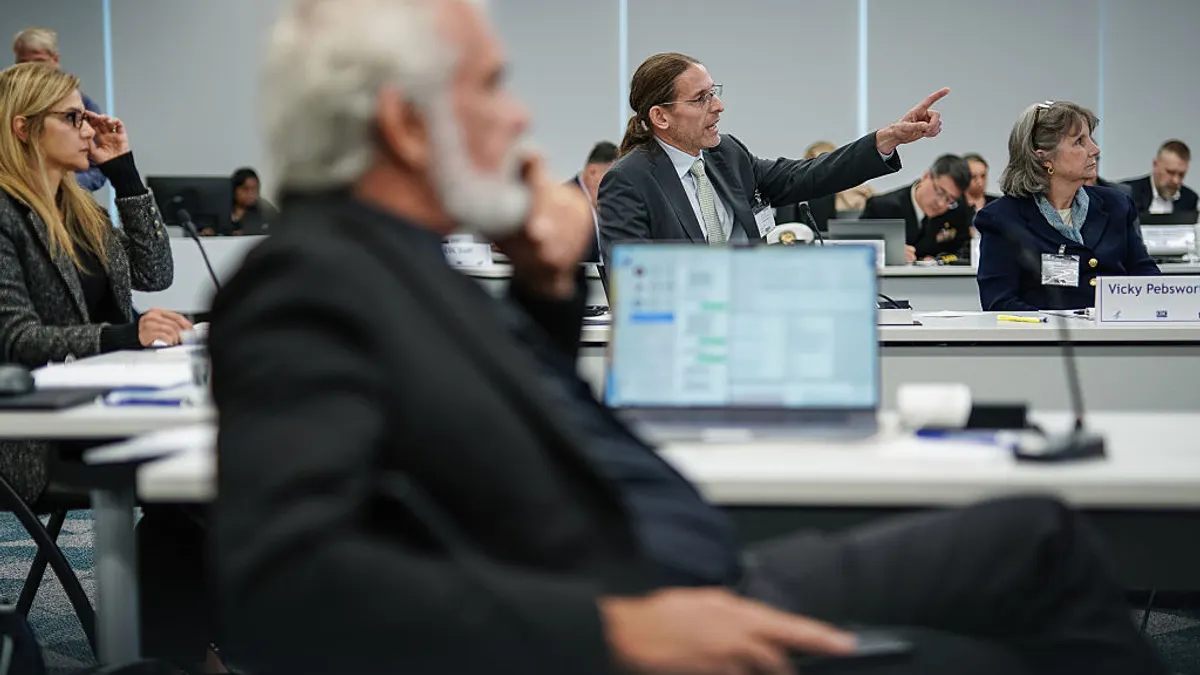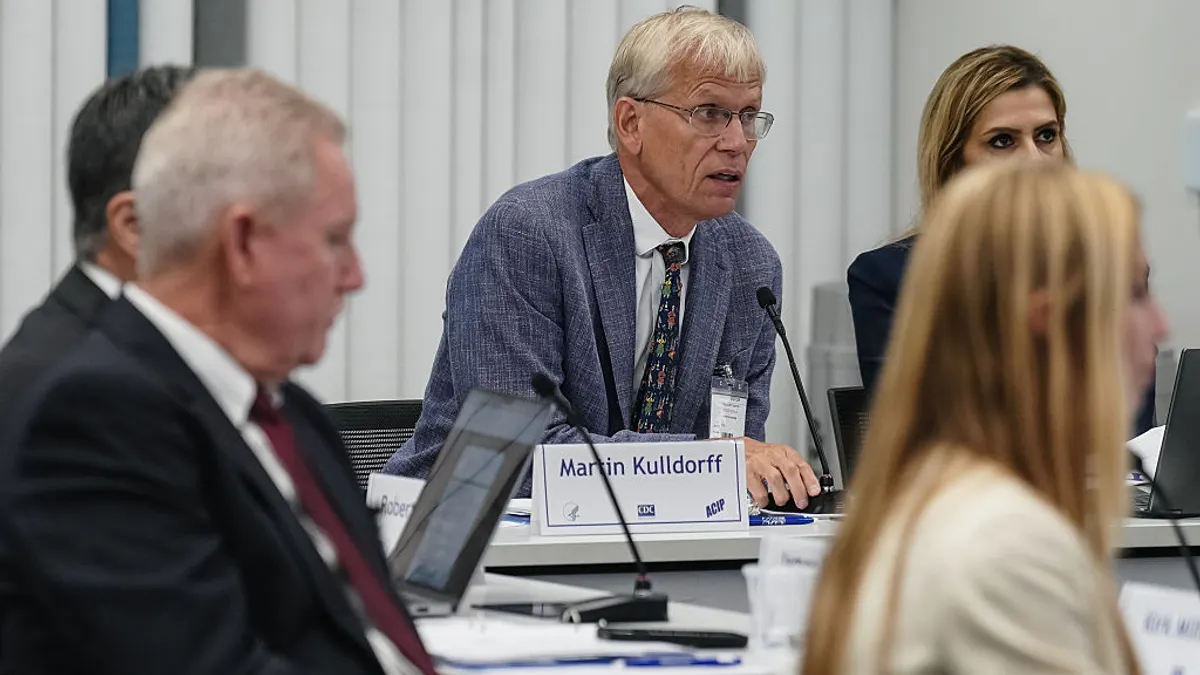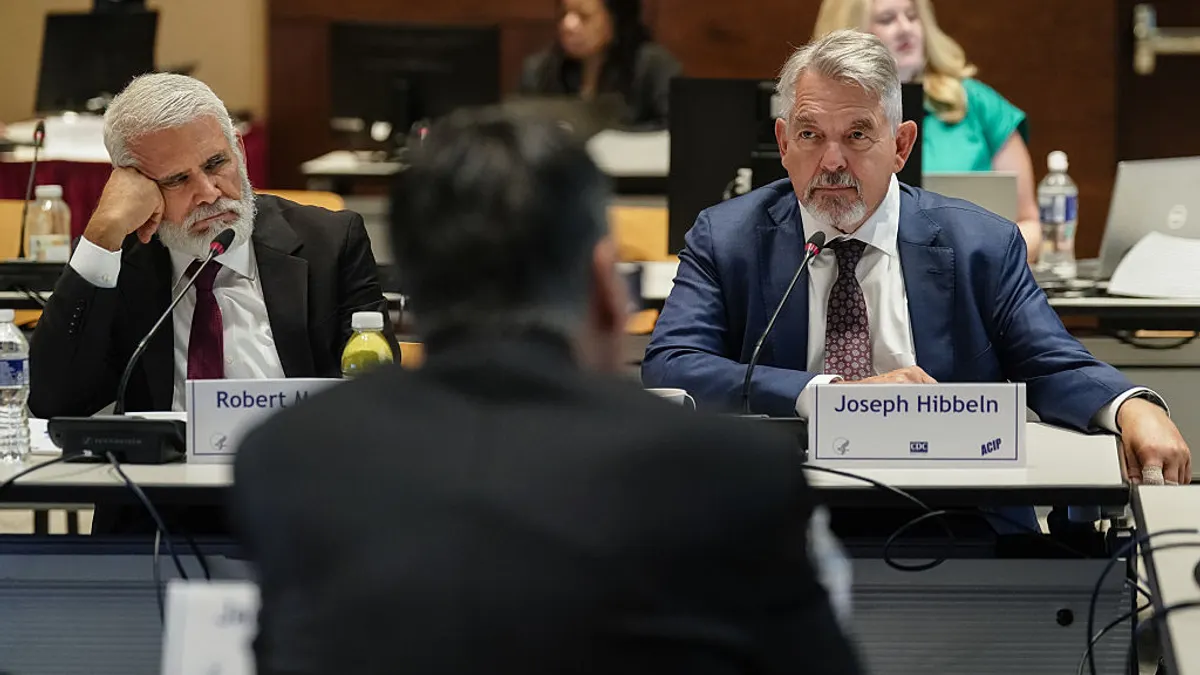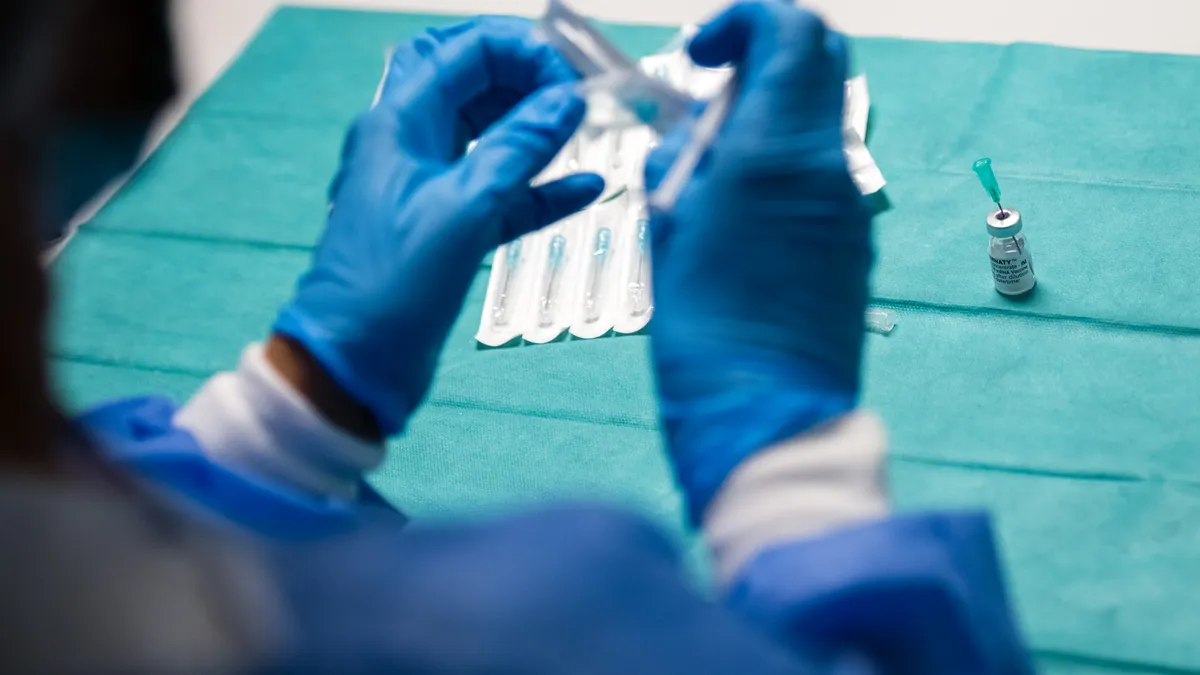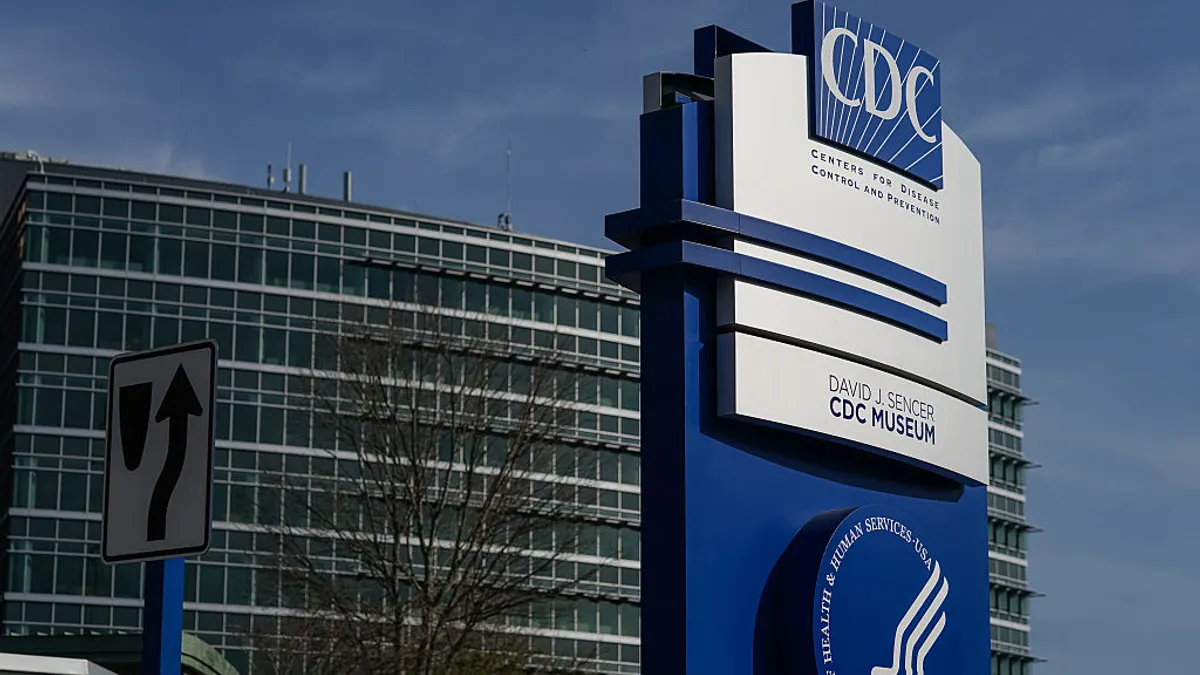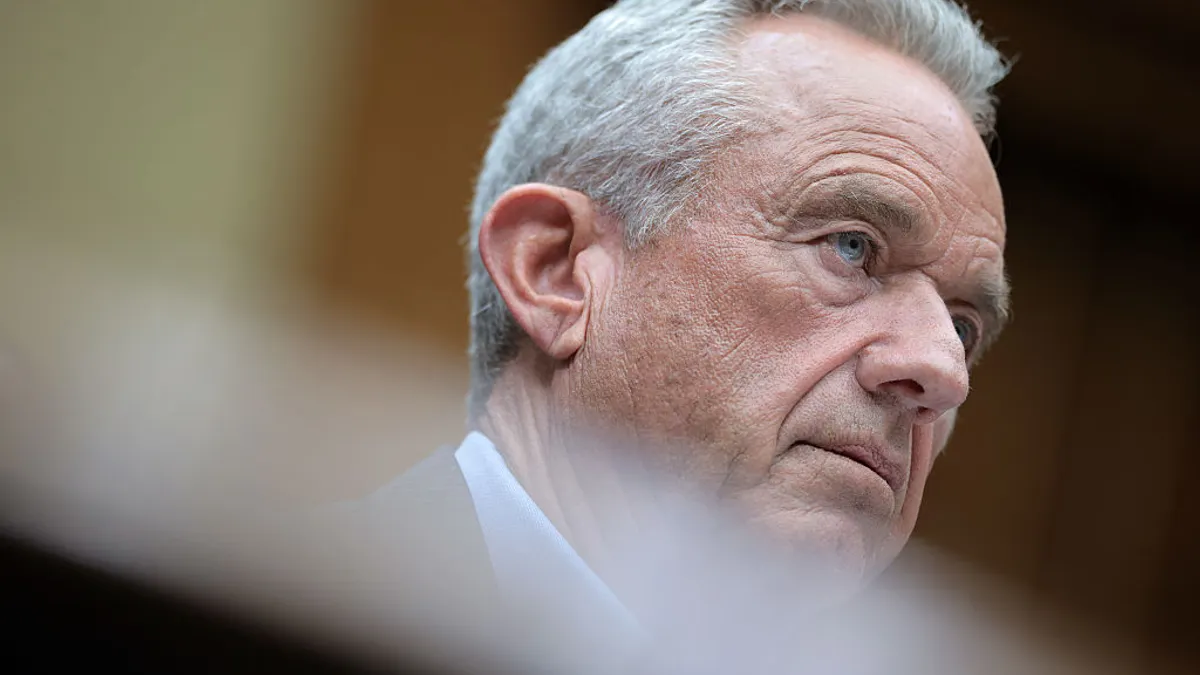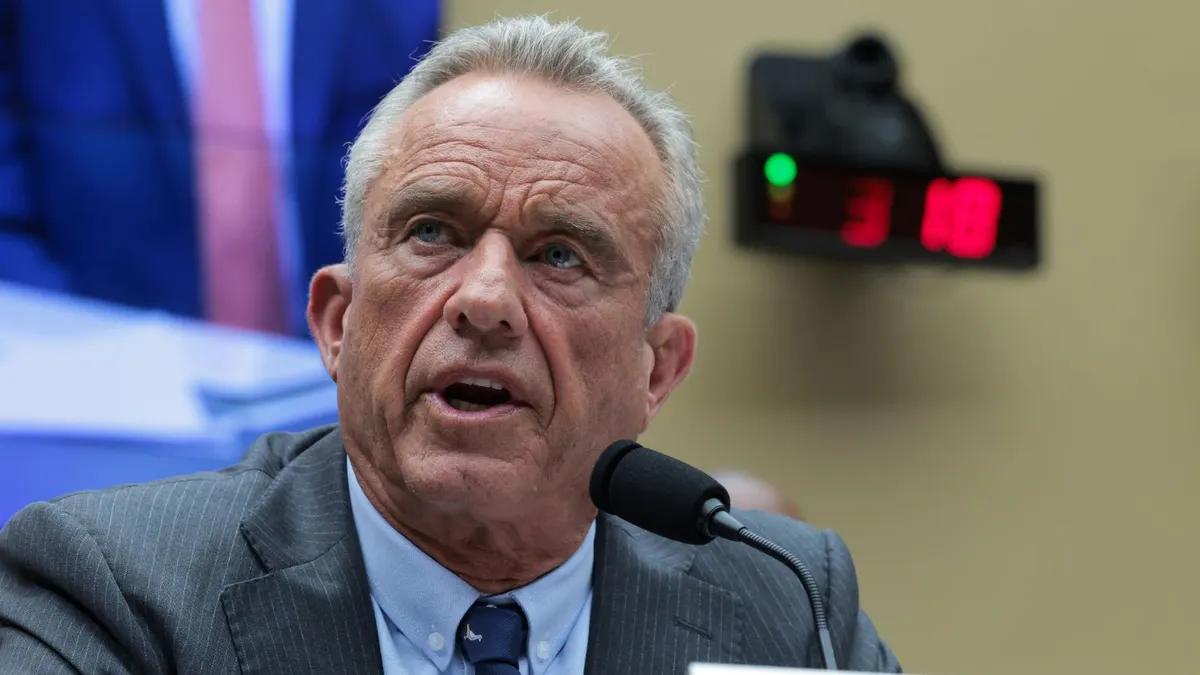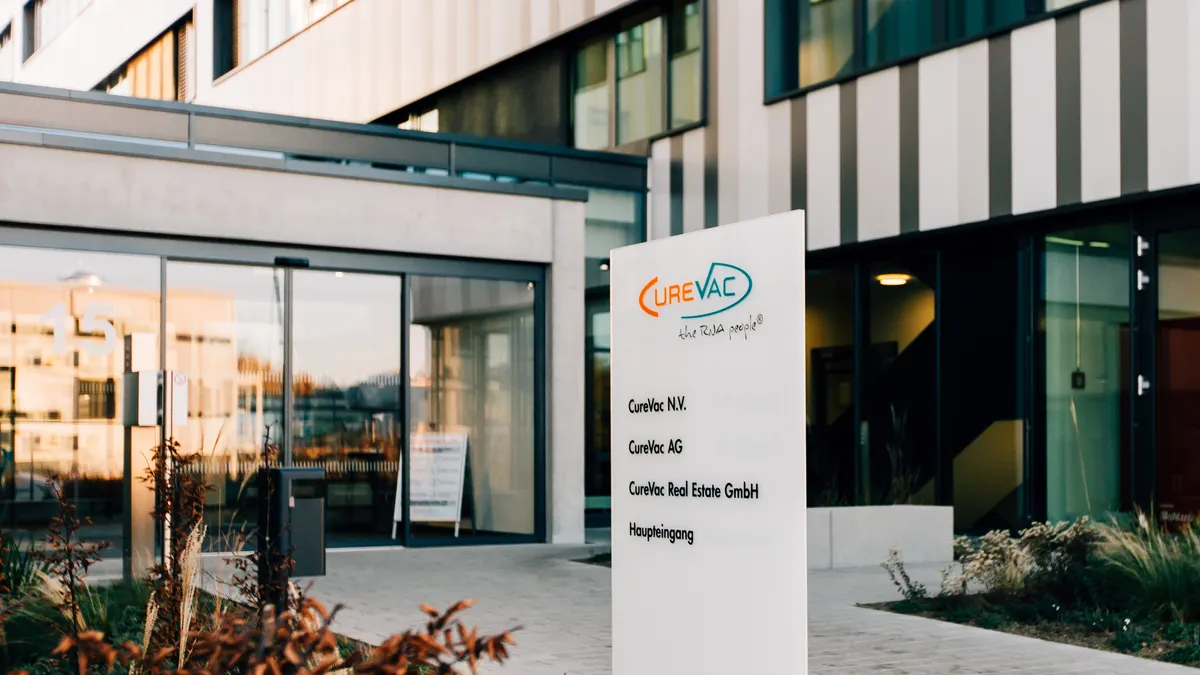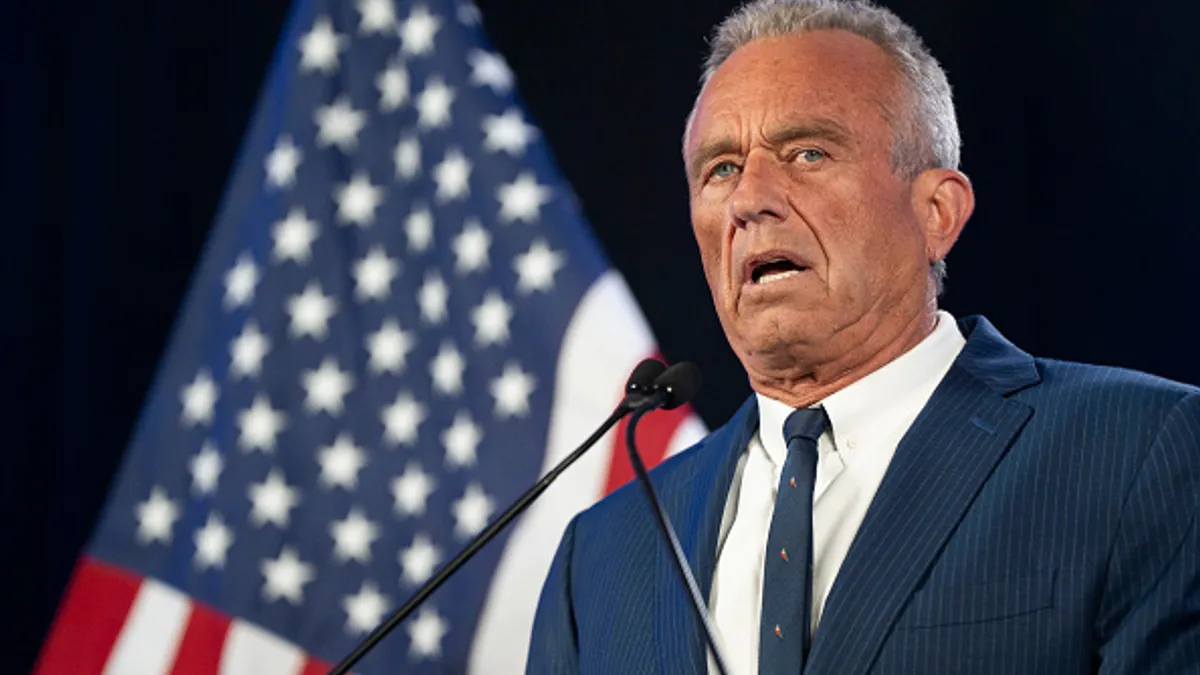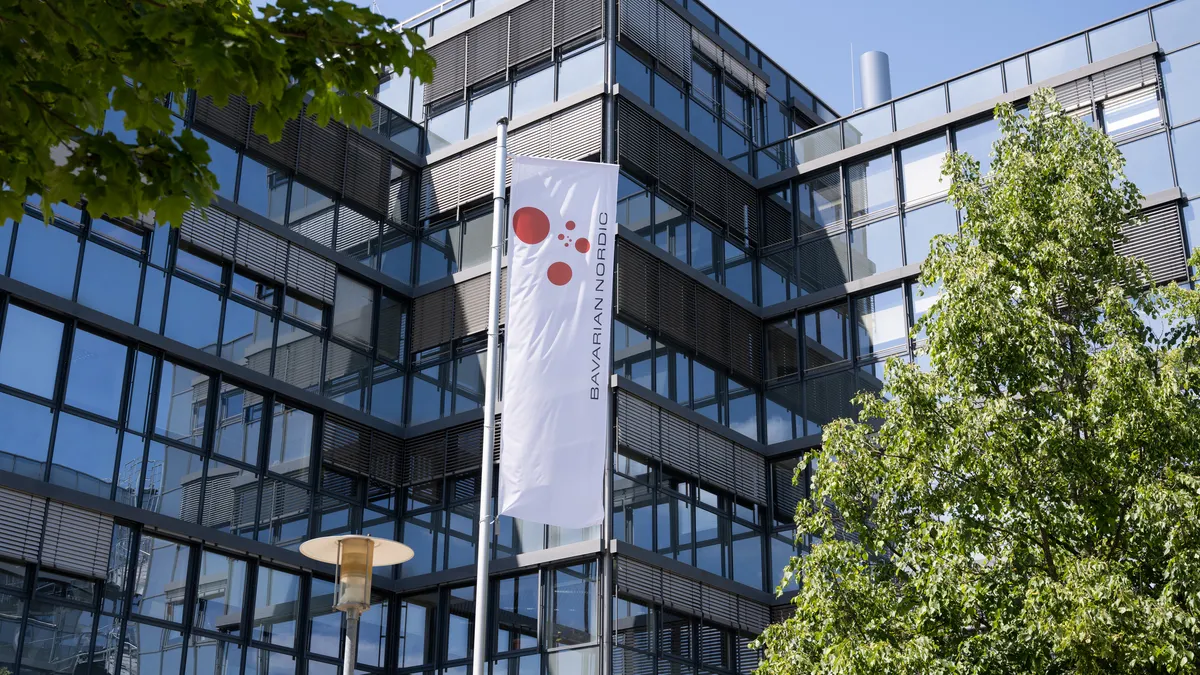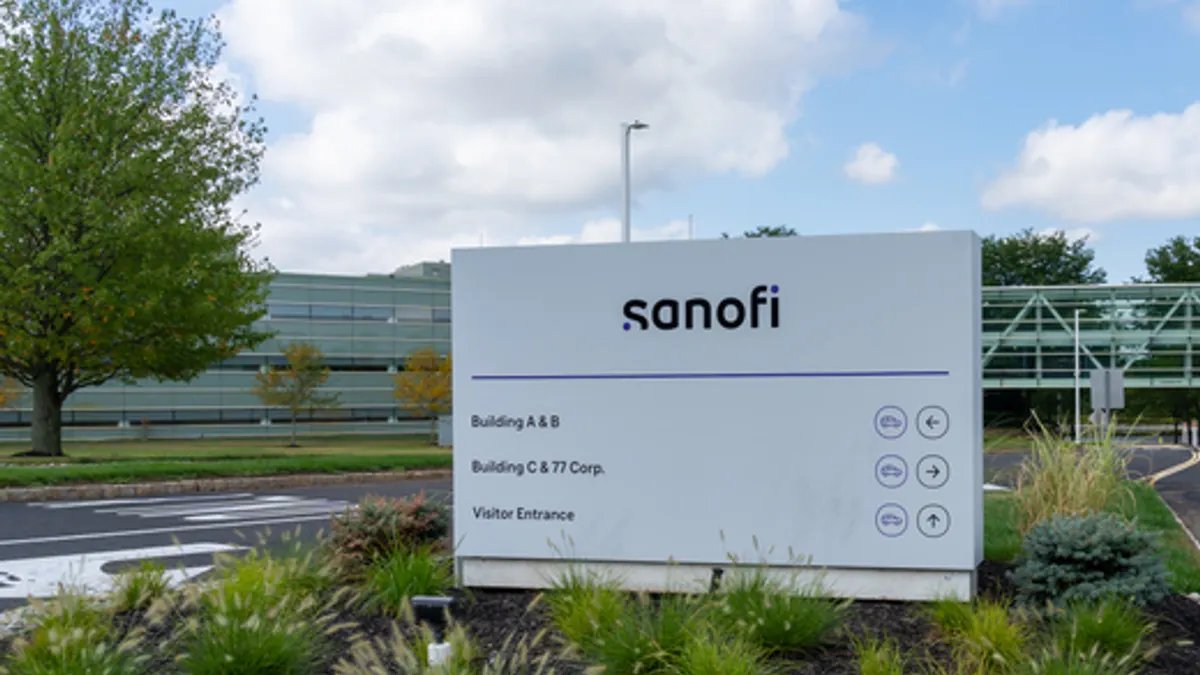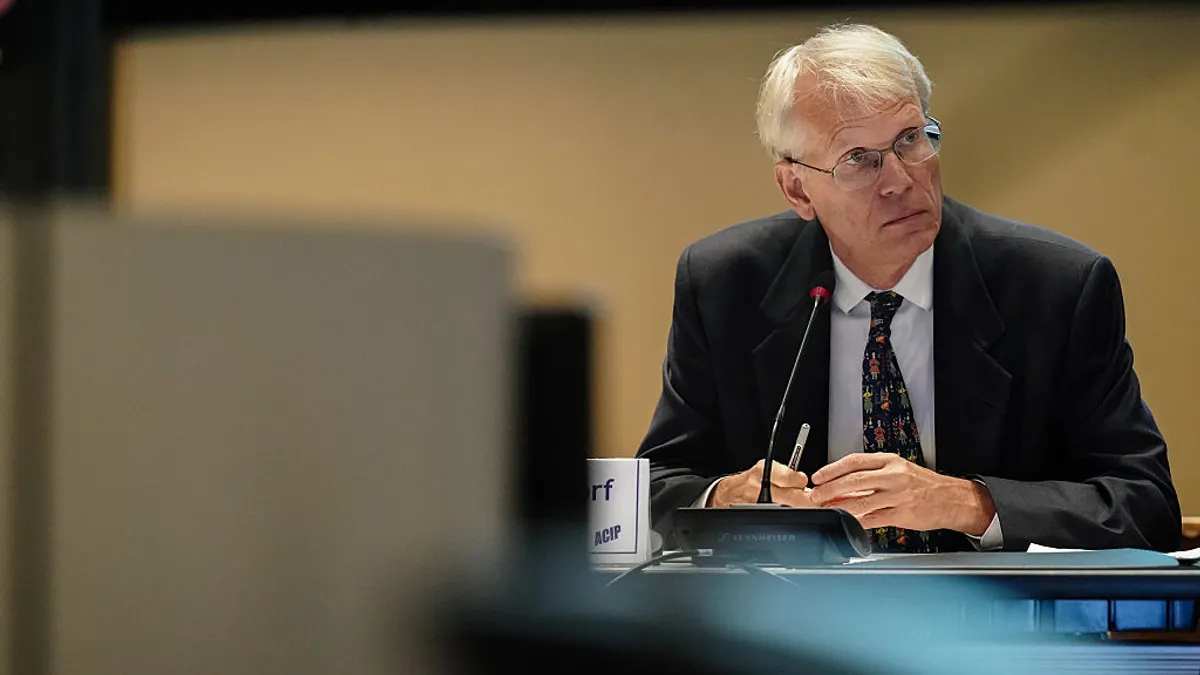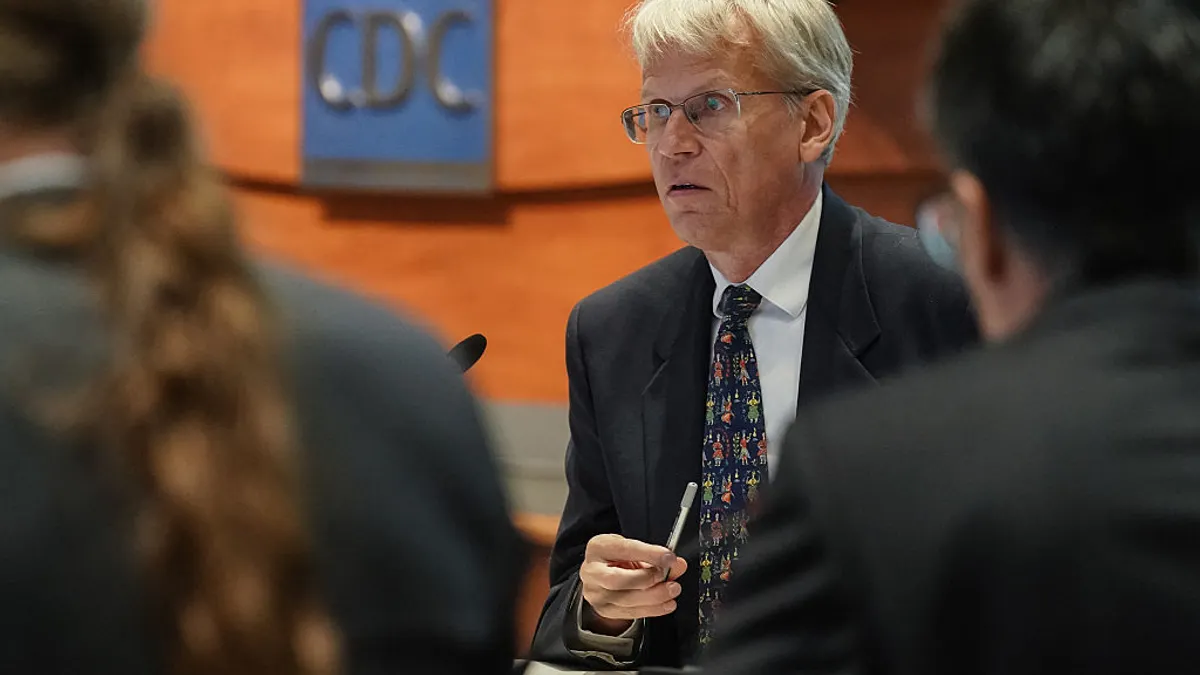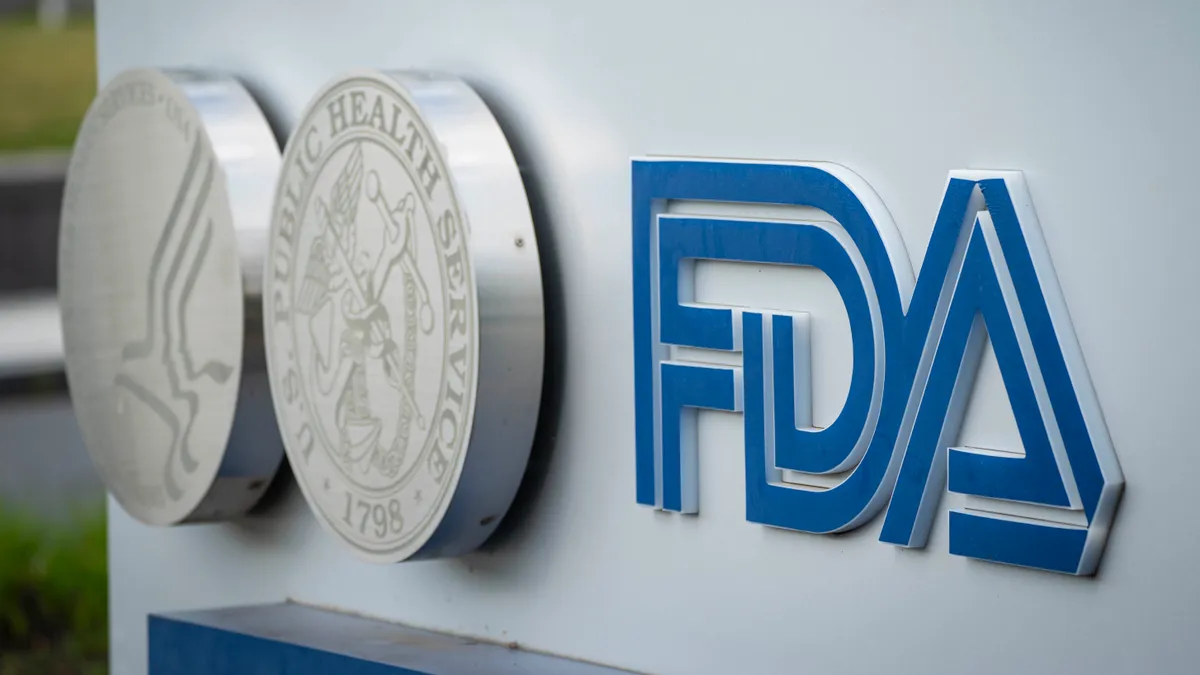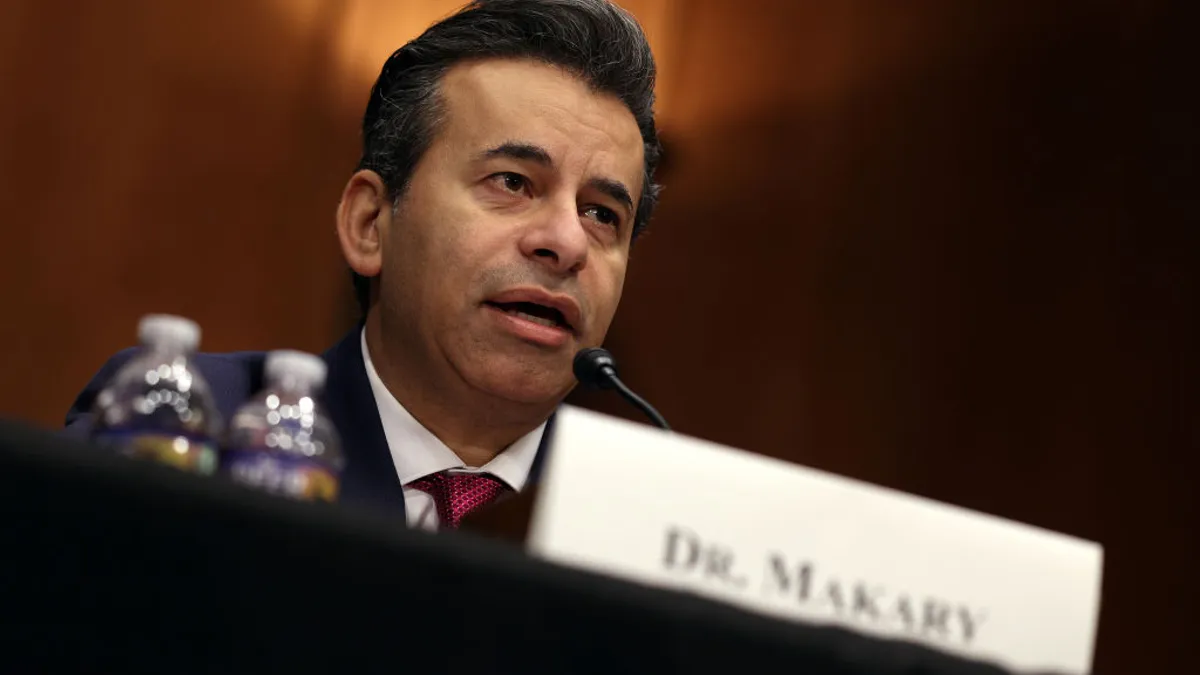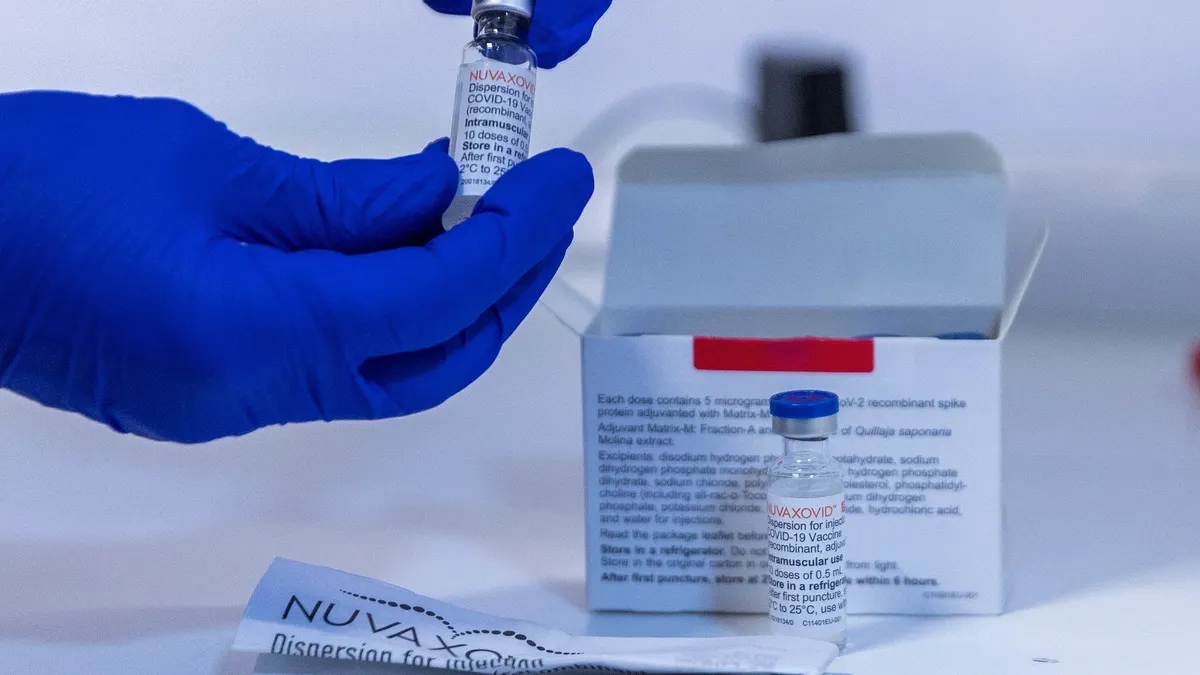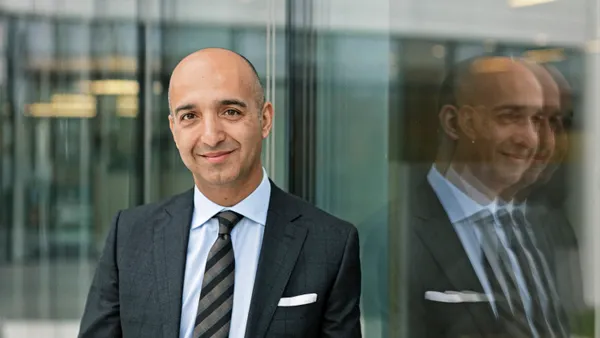Health secretary Robert F. Kennedy Jr. plans to soon make changes to the childhood vaccine schedule, according to former Centers for Disease Control and Prevention Director Susan Monarez, who Kennedy ousted from her role earlier this month.
Monarez informed U.S. lawmakers of Kennedy’s plans Wednesday during a hearing hosted by the Senate Health, Education, Labor and Pensions Committee. The hearing is the first public appearance by Monarez since her firing, which spurred several other high-ranking CDC officials to resign in protest.
In a Sept. 4 op-ed in The Wall Street Journal and again Wednesday, Monarez said she was removed for refusing to rubber-stamp vaccine guidelines without supportive evidence.
“He just wanted blanket approval,” Monarez said during the hearing, referring to Kennedy. “If I could not commit to an approval to each of the recommendations, I would need to resign.”
Monarez said Kennedy plans to change recommendations for childhood vaccinations against COVID-19 and hepatitis B. Both shots will be discussed at a meeting this week of the CDC’s Advisory Committee on Immunization Practices, which is tasked with formulating guidelines.
“In the first meeting [with Kennedy], he asked me to commit to firing scientists or resign. He asked me to pre-commit to signing off on each one of the forthcoming ACIP recommendations, regardless of whether or not there was scientific evidence.”
Debra Houry, the CDC’s former chief medical officer who resigned after Monarez’s ouster, also testified at the hearing Wednesday.
ACIP’s meeting, which will take place Thursday and Friday, will be closely watched. A draft agenda indicates the committee will discuss and vote on guidelines for vaccines against hepatitis B, COVID, and measles, mumps, rubella and varicella.
Monarez and Houry told senators that they were not aware of any scientific evidence to support changing the age at which children can get those vaccines.
Sen. Bill Cassidy, R-La, expressed support for the inclusion of the hepatitis B vaccine in the childhood immunization schedule. The shot is recommended for all infants.
"That is an accomplishment to make America healthy again, and we should stand up and salute the people that made that decision, because there's people who would otherwise be dead if those mothers were not given that option to have their child vaccinated," Cassidy said.
Since becoming head of HHS, Kennedy has remade ACIP, firing its previous 17 members and stacking it with seven advisers he picked. This week, just days ahead of the committee’s meeting, Kennedy added five new members, including individuals whose backgrounds are atypical for the panel. Now among the panel’s members are critics of COVID vaccine policies and skeptics of vaccine technologies like messenger RNA.
At an earlier meeting in June, the seven advisers first chosen by Kennedy indicated they held doubts about the evidence supporting COVID vaccines and voted to remove a little-used, but controversial preservative that’s been targeted by anti-vaccine groups.
Typically, CDC working groups prepare data in support of ACIP votes on guidelines. Houry said no working groups besides one for COVID have been convened ahead of this week’s meeting, however.
Monarez indicated she would be open to changing the childhood vaccine schedules if there was supporting evidence to do so.
“Kennedy responded that there was no science or evidence associated with the childhood vaccine schedule, and he elaborated that CDC had never collected the science or the data to make it available related to the safety and efficacy,” Monarez said.
Studies supporting the vaccines included in the childhood immunization schedule are public, and the current schedule has been supported by medical associations.
“I worry about our medical institutions having to take care of sick kids that could have been prevented by effective and safe vaccines,” Monarez said. “I worry about the future of trust in public health.”



